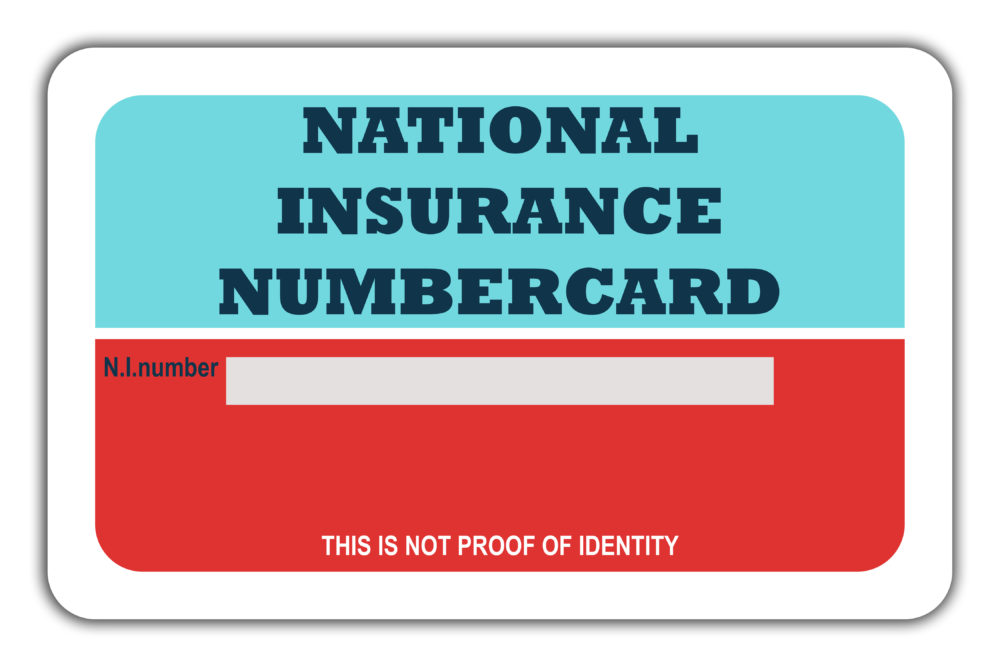National insurance is an insurance scheme where people who are employed make payments for their own benefits.
These payments are known as national insurance contributions and they can be payable in case you can meet the contribution conditions.
In order to claim a tax credit or a benefit, a national insurance number is mandatory. This depends on your national insurance contributions as well. You also need to provide your national insurance number if you apply for a student loan or a new job.
The number is unique and you get a lot of benefits from the same.
Benefits of national insurance
It is always important to ensure that you get all the benefits that you actually deserve. So what are the benefits that you can avail from a national insurance plan in case you are sick, pregnant, unemployed or an old person?
If you are a young person who is under the age of 16, and you parent is entitled to child benefit for you, you can automatically register for the national insurance scheme and the number would be sent across to you.
Contributory benefits
National insurance contributions build up your entitlement to contributory benefits. These contributory benefits include:
- Employment and support allowance (ESA)
- Maternity allowance
- Jobseekers’ allowance
- Bereavement allowance, widowed parents allowance and bereavement support payment
Employment and Support Allowance
Employment and support allowance is money for people who have limited capability for work because of their sickness or disability but do not get statutory sick pay.
There are two types – income-related and contributory.
Income-related employment and support allowance is replaced by universal credit for people making new claims in universal credit full digital service areas, and for some people in other areas.
Contributory ESA can be paid for up to 365 days as long as you are accepted as being incapable of work and are placed in the work-related activity group after the assessment period, which should be the first 13 weeks of your claim. If you are placed in the support group there will be no time limit on how long you can receive contributory ESA.
Maternity Allowance
Maternity allowance is paid to pregnant women who do not qualify for statutory maternity pay from their employer.
Maternity allowance is a weekly payment for women who are pregnant or have recently given birth. This applies to Scotland, England, Wales and North Ireland.
You can claim maternity allowance as soon as you’ve been pregnant for 26 weeks. Payments can start 11 weeks before your baby is due.
Jobseekers’ Allowance
You are eligible for contribution-based allowance if you have paid national insurance contributions.
It can be received up to six months if you have been working and have paid enough national insurance contributions within the last two complete tax years.
If you don’t have enough national insurance contributions, you can apply for income-based jobseekers’ allowance.
Bereavement Allowance, Widowed Parents Allowance and Bereavement Support Payment
If your husband died before 6 April 2017, and you are aged 45 or over but below state pension age with no dependent children, you are entitled to bereavement allowance.
If your husband, wife or civil partner died before 6 April 2017, you are pregnant or have dependent children under the age of 19 you can claim widowed parents allowance.
However, if your partner died after 6 April 2017 you may be eligible for bereavement support payment.
Act fast and get your NI apply number for various benefits.





